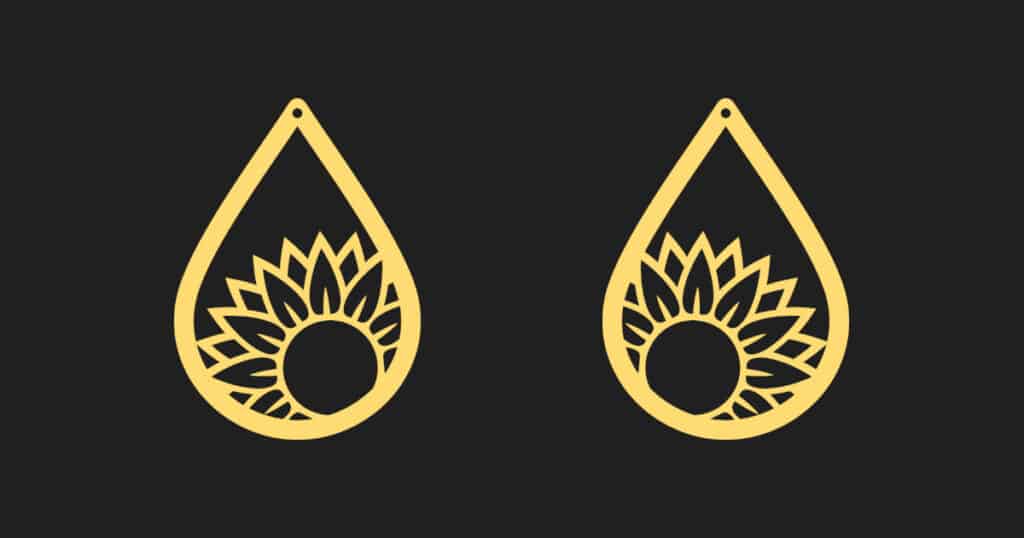The Mahabharata is a collection of hundred Parvas (or ‘sections’) that tell the story of a long-standing family feud between two sets of cousins – the Kauravas and the Pandavas – for control of the Kuru throne in Hastinapur.
The climactic event of the story is an eighteen-day war that happens between the two factions on the battlefield of Kurukshetra.
It is commonly understood that the Pandavas are the protagonists of this tale and the Kauravas the antagonists – though many retellings have appeared over the years that flip this structure.
In this post, we will summarize the Paushya Parva.
(For a full summary of the Mahabharata with all hundred Parvas, see Mahabharata Summary: All 100 Parvas Explained.
Uttanka
Uttanka is the disciple of a sage named Veda, who himself is a disciple of Sage Dhaumya.
His contribution to the Mahabharata story is that he is the one who instigates Janamejaya against the Naga King Takshaka, and encourages him to perform a great snake sacrifice.
It is at this ceremony that Vaisampayana, one of Vyasa’s disciples, narrates the story of the great war. Ugrashrava Sauti is present at this gathering, and later goes to Naimisha to tell the sages there of his experiences.
The tale of Uttanka’s enmity with Takshaka is as follows.
Quest for Earrings
When it comes time for Uttanka to give his guru dakshina, at his preceptor’s behest, he goes to Veda’s wife and asks her what he must get as payment for all the instruction he has received.
The lady asks him to get the earrings worn by the queen of the land, King Paushya’s wife. ‘Four days from now,’ she says, ‘I wish to appear in front of the Brahmins who will dine at my house adorned with these earrings. Can you bring them from me, Uttanka?’
At the palace, King Paushya allows Uttanka into the ladies’ chambers. The queen, handing over the earrings, tells the young Brahmin to be careful because Takshaka, the king of the Nagas, is also after the jewels.
Uttanka asks her not to worry, that the king of the Nagas would not overpower him, and sets out on his way.
Robbery
On the path back to Veda’s hermitage, Takshaka appears in the garb of a naked beggar and steals the jewels from Uttanka’s possession.
Just when Uttanaka is about to subdue the beggar by force, the serpent assumes his original form and burrows into a hole in the ground, through which he proceeds to his own abode, the land of the snakes.
Uttanka tries to gratify Takshaka with worship and praise, and with the help of Indra’s thunderbolt, even enters the land of the Nagas and beholds its splendour.
But despite his best efforts, Uttanka fails to procure his earrings. He looks around and sees a strange sight.
The Women at the Loom
Two women sitting by a loom, spinning a cloth with threads of two colours: black and white. Next to them, six identical boys spinning a wheel with twelve spokes. By the side, a handsome man seated on a fine horse.
When Uttanka is wondering about what to do, the man on the horse says, ‘Blow unto this horse, and I shall see to it that the Nagas are brought under your control.’
Uttanka does as he is told, and the horse turns into a ball of blazing fire. Just as it is about to enter the Naga kingdom and turn it into ashes, Takshaka, consumed by fright, emerges from his hole and returns the earrings to Uttanka.
The handsome man lends Uttanka his horse so that he might return to the hermitage in time. Later, when Veda asks him the reason for his absence, Uttanka narrates the whole tale and asks the meaning of it.
Veda says, ‘The two women you saw were Dhata and Vidhata. The black and white threads signify day and night. The wheel of twelve spokes represents the year which comprises of twelve months, and the six boys a season each.
‘The handsome man was Parjanya, the deity of the rain, and the horse was none other than Agni, the lord of fire. The bull you saw on the road was Airavata, and the dung and urine that you partook is none other than the nectar of the gods.
‘You’ve been looked after by Indra himself, Uttanka; that is why you have returned safely with your life intact.’
Uttanka’s Anger
Uttanka, his heart still burning with anger toward Takshaka, goes to Janamejaya and tells the king, ‘Your Majesty, the Naga Takshaka has committed the grave folly of killing your father, Parikshit. The fates have ordained that you must now complete the act of vengeance.’
‘How do I do that, O sage?’ asks Janamejaya.
‘By performing a snake sacrifice, O King,’ replies Uttanka, ‘which will kill every Naga on Earth and will render unto ashes that vile and malignant being, Takshaka.’
Janamejaya then finds out the circumstances of his father’s death from his courtiers, and when he realizes the role the Naga king played in the matter, he becomes engulfed at once by grief, and orders for arrangements to be made for an immediate sarpasatra.
This brings the Paushya Parva to a close.
